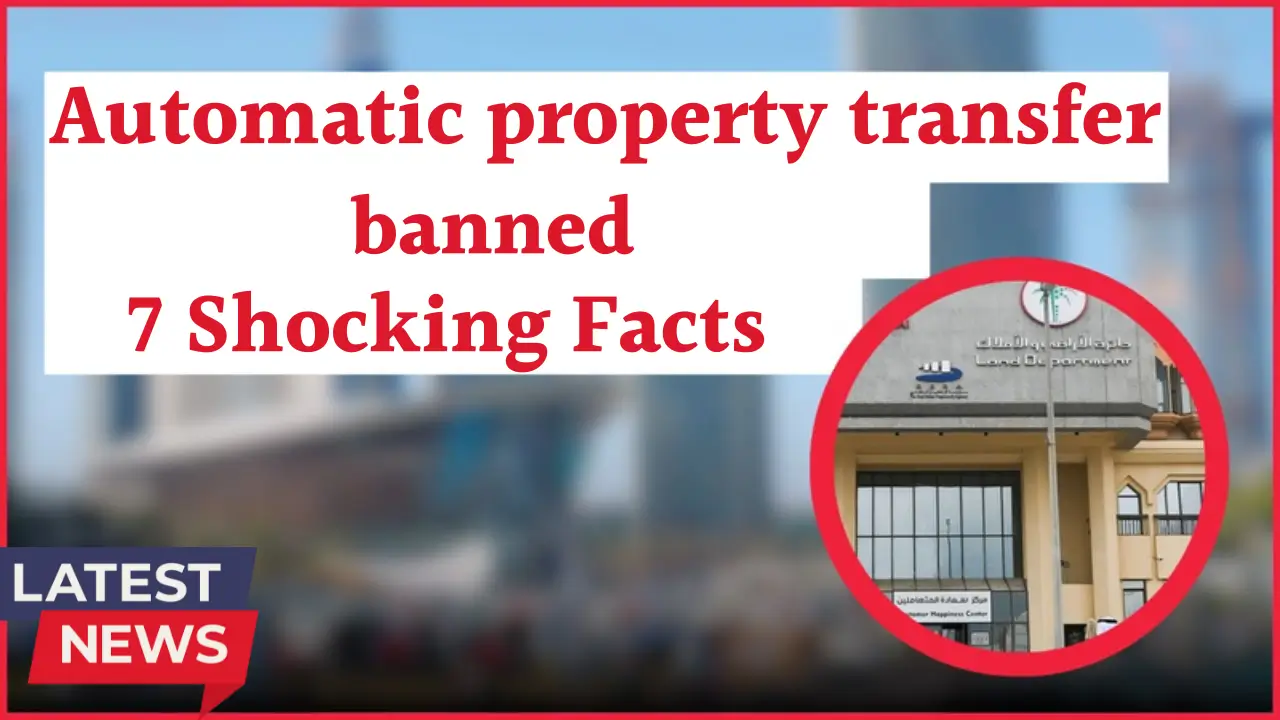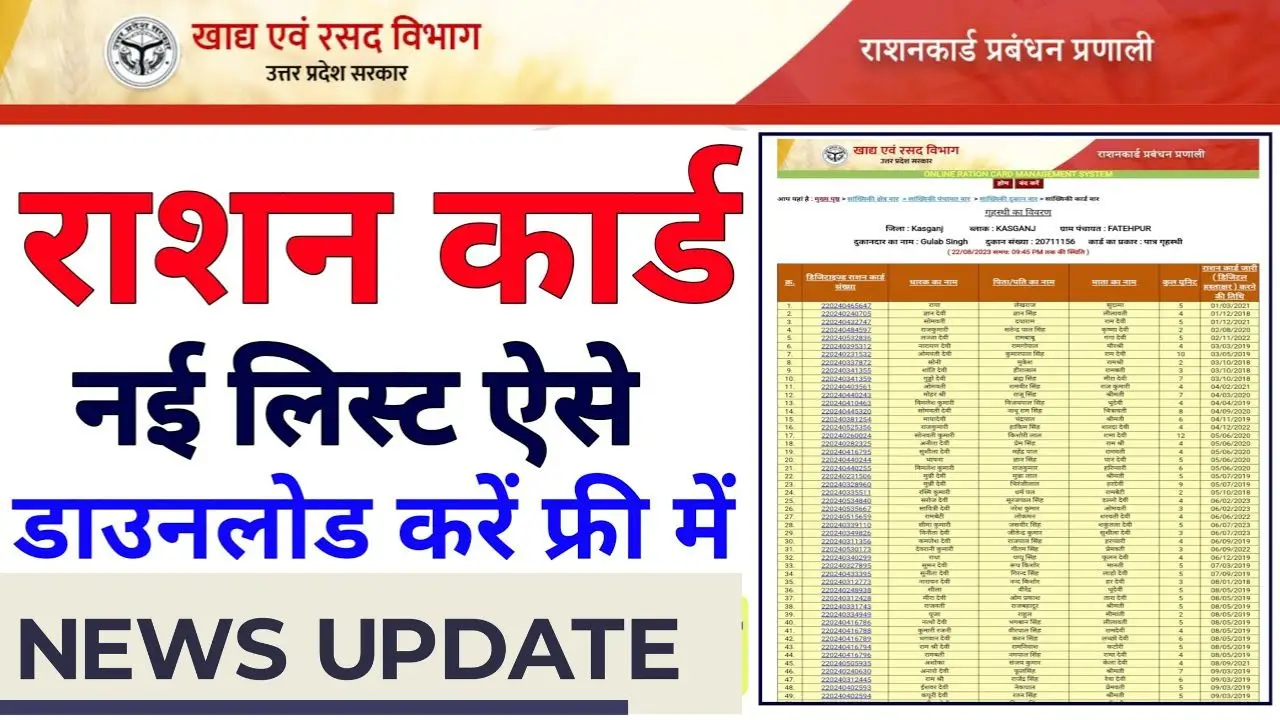In modern financial systems, collateral plays a vital role in ensuring that lenders receive repayment. Borrowers pledge their assets, such as houses, land, vehicles, or equipment, as security for loans. However, despite the importance of collateral in loan agreements, the principle remains clear across most jurisdictions: automatic transfer of ownership over property used as collateral upon default in loan agreements is prohibited.
This rule protects borrowers from unfair dispossession and ensures that only lawful foreclosure or recovery processes are followed. This article explores why this prohibition exists, its legal framework, implications on borrowers and lenders, and how courts regulate the enforcement of collateral rights in South Africa and other countries.
Legal Nature of Collateral in Loan Agreement
Collateral is an asset pledged by a borrower to secure a debt. It does not mean that the lender acquires full ownership of the property at the time of borrowing. Instead, the lender is granted a right known as a real security right or lien, which allows the lender to recover value from the asset if the borrower defaults.
In South Africa, this principle is grounded in contract and property law. The borrower retains ownership of the collateral until a lawful enforcement process is completed. The prohibition on automatic transfer ensures that ownership cannot pass from borrower to lender without due legal procedure, such as a court-sanctioned sale in execution.
Why Automatic Transfer of Ownership is Prohibited
The principle is primarily rooted in fairness and public policy. Historically, lenders often exploited distressed borrowers by including harsh clauses in contracts that transferred ownership to the lender immediately upon default. This practice, sometimes referred to as “pactum commissorium”, was outlawed as it violated the principle of equity.
Key reasons for the prohibition include:
- Protecting borrowers from abuse and unjust enrichment of lenders.
- Ensuring due process in recovery of debts.
- Preventing circumvention of foreclosure and insolvency laws.
- Upholding property rights under constitutional and consumer protection laws.
Enforcement of Security Interests in South Africa
In South African law, when a borrower defaults, the lender cannot automatically claim ownership of the asset. Instead, the lender must approach a court for enforcement. The asset may then be sold at a court-approved auction, with the proceeds going towards the repayment of the debt. Any surplus is returned to the borrower.
For example, if a bank lends money secured against a house and the borrower defaults:
- The bank cannot simply transfer the house’s title into its name.
- The bank must first obtain a court order.
- The sheriff of the court arranges the sale of the property.
- The outstanding loan is settled from the proceeds, while the borrower keeps any balance left after debts and expenses.
Comparative International Perspective
While the prohibition of automatic transfer is strongly featured in South African law, similar rules are followed in other jurisdictions:
| Country | Rule on Automatic Transfer | Foreclosure Method | Borrower Protection |
|---|---|---|---|
| South Africa | Prohibited (pactum commissorium) | Judicial sale or auction | Fair court oversight and surplus return |
| United States | Also prohibited; foreclosure required | Judicial foreclosure or power-of-sale foreclosure (depending on state) | Consumer protection laws + equity of redemption |
| United Kingdom | Prohibited by equity principles | Lenders must file foreclosure or possessory action | Borrowers entitled to surplus + protection against undue harshness |
| India | Prohibited under Debt Recovery and SARFAESI framework | Secured creditor must follow statutory enforcement process | Regulatory oversight by courts and tribunals |
| Philippines | Prohibited under Civil Code provisions | Judicial or extrajudicial foreclosure | Borrower retains right to redeem property within a redemption period |
This comparative view shows that the principle is universal in modern contract law.
Borrower Rights in Collateral Enforcement
Borrowers enjoy several rights during loan default situations:
- Right to Judicial Oversight: The borrower must be protected through fair judicial proceedings before losing ownership.
- Right to Surplus Proceeds: Even after default, any excess funds from the asset’s sale remain the property of the borrower.
- Right of Redemption: Many jurisdictions allow borrowers to pay outstanding debt and reclaim their property before the final transfer.
- Constitutional Protection of Property: In South Africa, property rights under Section 25 of the Constitution secure individuals against arbitrary dispossession.
Lender Interests and Safeguards
Lenders also rely heavily on collateral to ensure loan repayment, but their rights are carefully balanced:
- Right to Recover Debt: Lenders can enforce their claim through authorised judicial procedures.
- Right to Foreclosure: While ownership cannot automatically transfer, lenders can request foreclosure and sale in execution.
- Right to Priority Payment: In insolvency, secured creditors have priority over unsecured creditors from the proceeds of collateral.
Challenges and Practical Implications
The prohibition against automatic transfer can present challenges in practice:
- Lenders may face delays due to lengthy court processes.
- Borrowers might misuse protections to stall loan recovery.
- Overburdening courts with foreclosure applications increases costs for both parties.
Nevertheless, these challenges are considered necessary to uphold fairness and prevent exploitation.
Case Law Shaping the Rule
South African courts have consistently upheld the illegality of automatic transfer clauses. Landmark rulings emphasise that pactum commissorium remains invalid and that properties may only be transferred after a transparent judicial process.
For instance, rulings by the Constitutional Court highlight that repossession of homes and land must always respect constitutional guarantees of dignity, housing, and fairness. This ensures borrowers are shielded from unjust loan recoveries.
Policy Implications for Financial Institutions
Financial institutions must design loan agreements that respect this prohibition. Contracts should avoid clauses suggesting automatic ownership transfer. Instead, lenders must rely on:
- Proper mortgage documentation.
- Fair notices of default.
- Judicial foreclosure mechanisms.
The National Credit Act (NCA) in South Africa reinforces consumer rights by ensuring transparency and regulating credit agreements. Under the NCA, unfair terms that undermine borrower protections are void.
FAQs
1. What is pactum commissorium in South African law?
It is a contractual clause that automatically transfers ownership of collateral to the lender upon default, which is strictly prohibited.
2. Can a bank in South Africa take my house if I miss loan payments?
Not automatically. The bank must apply to court for repossession and arrange a lawful sale before any ownership transfer occurs.
3. Do I lose all rights to my property if it is sold in foreclosure?
You lose ownership after foreclosure, but if the property sells for more than the outstanding debt, the surplus is returned to you.
4. Is automatic transfer of collateral allowed in any country?
No. Most modern legal systems prohibit it, requiring foreclosure or judicial enforcement instead.
5. Why do lenders still prefer collateral if they cannot take ownership directly?
Collateral reduces risk, gives lenders priority in repayment, and assures recovery through lawful sale, even without direct ownership transfer.
Conclusion
The prohibition of automatic transfer of ownership over collateral in loan defaults demonstrates a critical balance between protecting borrowers and safeguarding lenders’ rights. While lenders may find judicial enforcement slower than automatic transfer, it prevents abuse, unfair enrichment, and unlawful dispossession. South Africa, along with many other countries, recognizes that debt recovery must be governed by fairness, legality, and respect for property ownership.

















